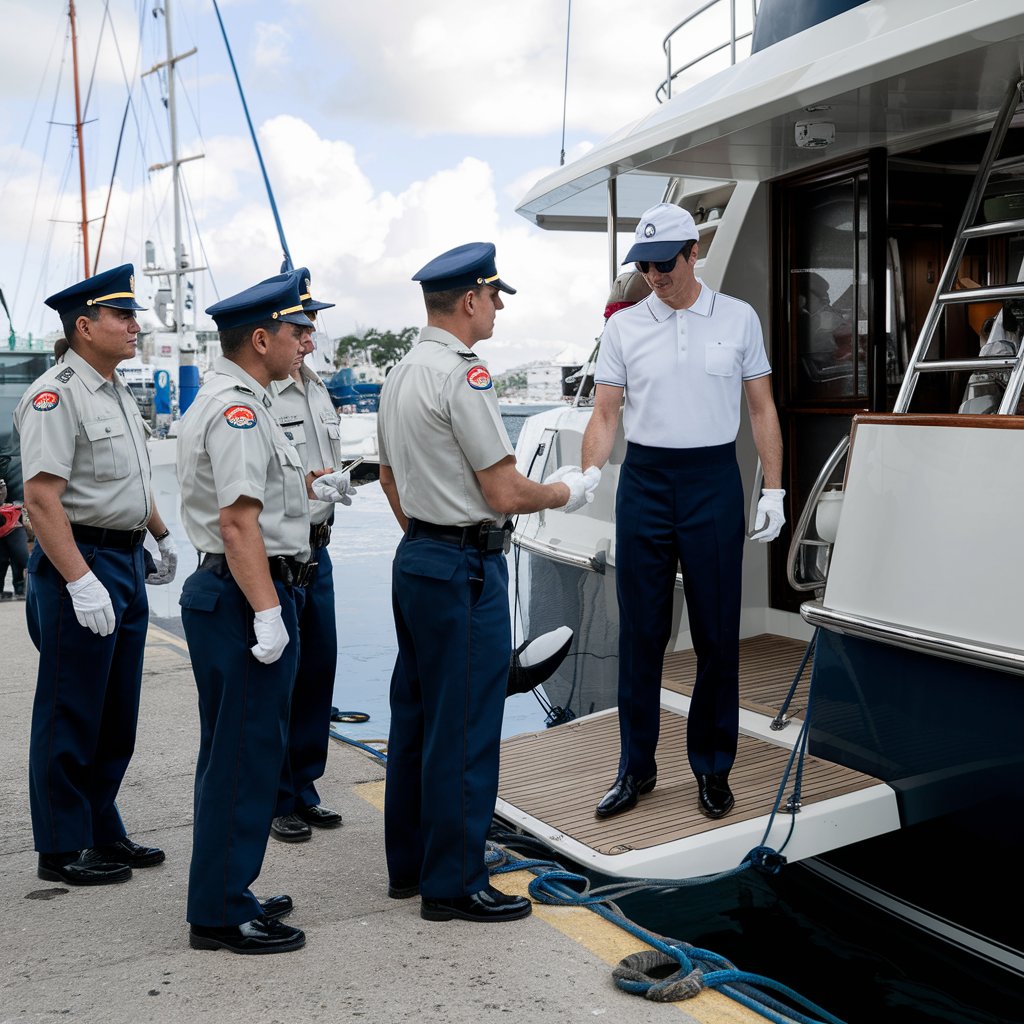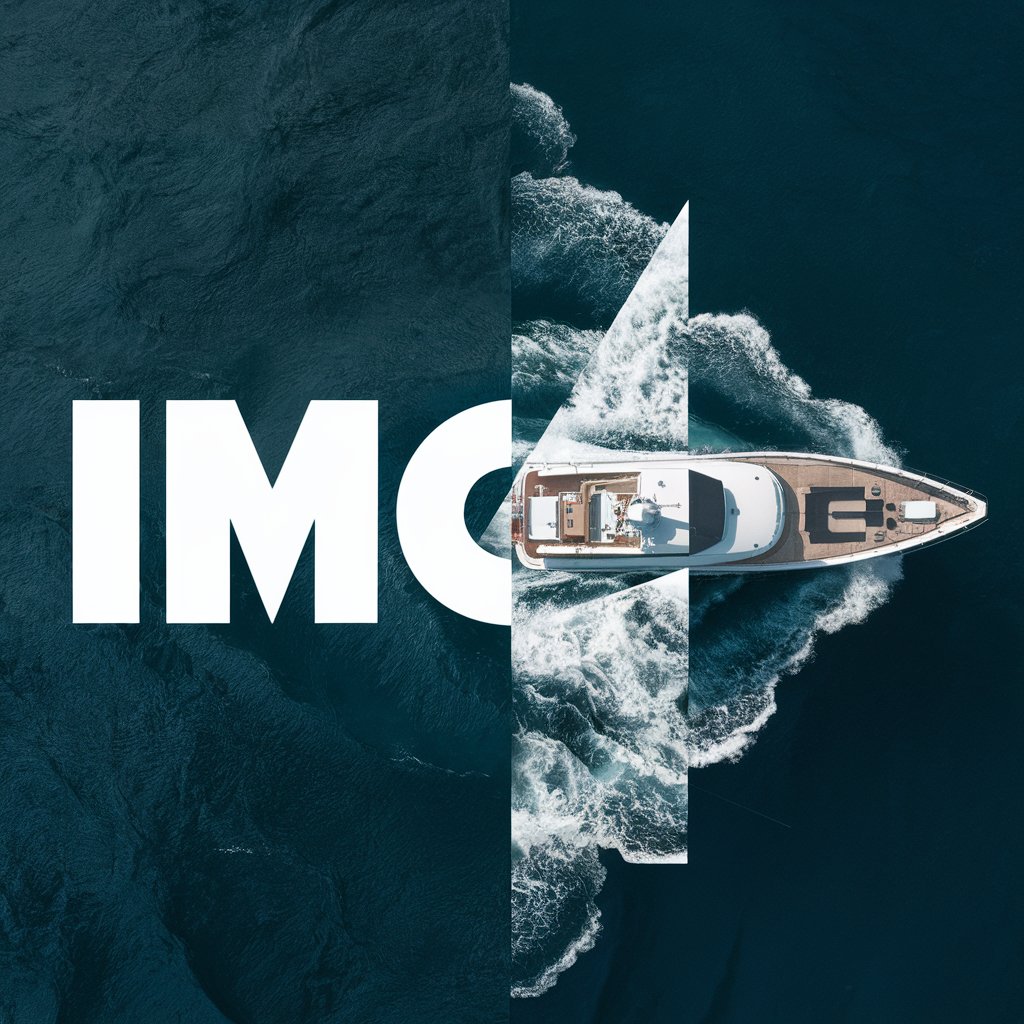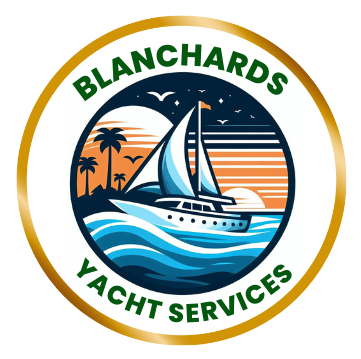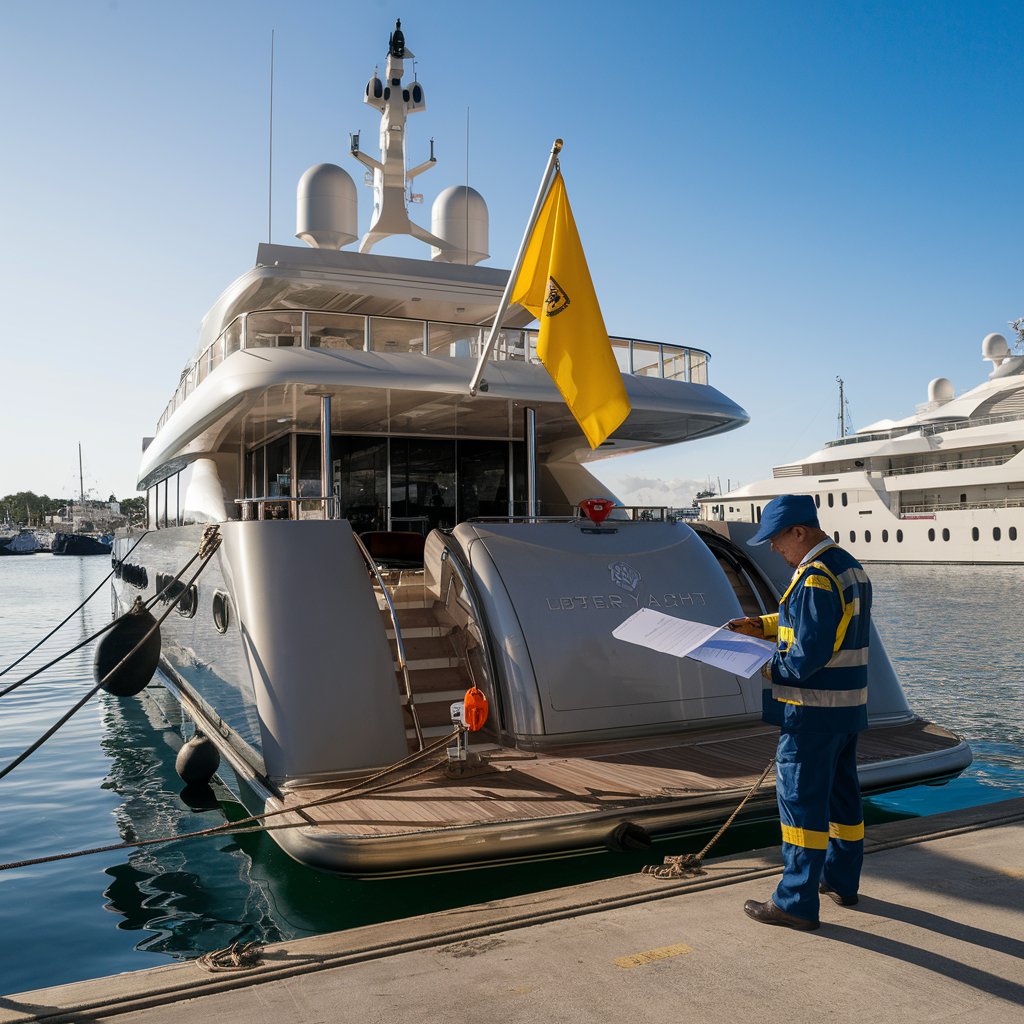Owning or Chartering a yacht brings a sense of freedom and adventure, but it also requires navigating a complex web of regulations and compliance requirements. These regulations can vary significantly between different regions, so it’s crucial to stay informed and ensure your vessel adheres to the appropriate laws. Here’s a comprehensive guide to help you understand and manage yachting regulations effectively.
Regulations, while often seen as bureaucratic red tape, are crucial for creating safe and sustainable seas. In my experience, adhering to these rules isn’t just the law; it’s a mark of respect for the craft, The Crew, and the environment.
The European Union takes a strong stance on maritime labor conditions through the MLC. Personally, I’ve seen how these standards ensure that yacht crew is treated fairly, with good living conditions on board, and is given enough downtime. Happy crew means efficient operations.
The EMSA is another watchdog in the EU ensuring seafarers keep our waters safe and clean. Its regulations have made sailors more conscious of the Environmental Footprint that yachts leave behind. This awareness is also reinforced by the USCG across the Atlantic, which mandates adherence to an extensive set of regulations affecting every aspect of yacht operation.
Maritime Safety Inspectors Ensuring Yacht Compliance According to Maritime Regulations

Mastering Maritime Compliance: Staying Current and Conforming
When I step back and consider the immense web of yacht-related protocols, I see a framework set up to protect us all. It’s not just about keeping yachts in check; it’s a concerted effort to ensure the wellbeing of crew members and the marine environment alike. For yacht operators, the takeaway is clear: commit to sharpening your awareness of maritime laws and behold how it transforms your sailing experience.
International Maritime Organization (IMO) Regulations

In my own ventures, I’ve seen firsthand how the International Maritime Organization (IMO) often serves as the lighthouse for guidance. Its extensive database on international maritime conventions can assist any seafarer in understanding the dos and don’ts of navigating global waters. Similarly, the Maritime Safety Information Network (MSIN) and the World Sailing Federation present valuable updates that can be crucial for staying ahead of regulatory shifts.
Understanding Key Regulations
- Flag State Regulations
- What is it? The flag state is the country where the yacht is registered, and it dictates the primary regulations governing the yacht.
- Key Requirements: These can include safety standards, crew qualifications, tax obligations, and more. Ensure your yacht meets the safety and inspection standards of your flag state.
- Port State Control (PSC)
- What is it? PSC refers to the inspection of foreign ships in national ports to verify that the condition of the ship and its equipment comply with the requirements of international regulations.
- Key Requirements: Be prepared for inspections that cover a wide range of aspects, including safety, pollution prevention, and crew living conditions.
- International Maritime Organization (IMO) Regulations
- What is it? The IMO sets global standards for the safety, security, and environmental performance of international shipping.
- Key Requirements: Compliance with conventions such as MARPOL (pollution prevention), SOLAS (safety of life at sea), and STCW (standards of training, certification, and watchkeeping for seafarers).
- Local and Regional Regulations
- European Union: EU member states enforce stringent regulations on environmental protection and safety standards. The EU’s Recreational Craft Directive (RCD) sets specific requirements for boats and yachts.
- United States: The US Coast Guard (USCG) regulates safety standards, documentation, and manning requirements. Yachts also need to comply with state-specific laws.
- Caribbean: Regulations vary by island nation, with many adhering to British or French maritime laws. The Caribbean Safety and Security Net (CSSN) is a useful resource for updates on regulations and safety alerts.
Essential Maritime Regulation Training for Yacht Crew: Ensuring Compliance and Safety at Sea

Staying Informed and Compliant
- Regular Training and Certification
- Ensure that all crew members have up-to-date certifications that meet the flag state and international standards. Regular training sessions can help keep everyone informed about the latest regulations and best practices.
- Professional Maritime Services
- Engage with maritime lawyers, yacht management companies, and compliance consultants who specialize in keeping yachts compliant with ever-changing regulations.
- Subscription to Regulatory Updates
- Subscribe to publications and newsletters from key regulatory bodies like the IMO, local maritime authorities, and professional yachting associations. Websites like MarineLink, Superyacht News, and regional maritime authorities offer timely updates on new laws and guidelines.
- Utilize Technology
- Employ software solutions designed for maritime compliance. Tools like SafeSeaNet (EU), the USCG’s Homeport, and various commercial compliance platforms can streamline the process of tracking and adhering to regulations.
- Join Yachting Associations
- Membership in organizations like the International Superyacht Society (ISS), Professional Yachting Association (PYA), and the Maritime and Coastguard Agency (MCA) provides access to resources, training, and updates on regulatory changes.
- Consult Local Agents
- When cruising in different regions, local yacht agents can be invaluable in navigating the specific regulations of each port. They can assist with documentation, customs clearance, and provide insights into local maritime laws.
Consulting maritime consultants, Yacht Brokers, Yacht Agents and legal experts has proven to be indispensable for many in the yachting community. These specialists offer a lifeline by ensuring that yachts are not just compliant, but also prepared should the regulatory winds change direction.
A Maritime Professional Advising a Potential Yacht Owner of the Regulations in the Yachting Industry

Furthermore, actively participating in yachting associations and attending maritime conferences enriches your knowledge pool. The insights and connections gleaned here can be fundamental in steering through the evolving seascape of yacht regulations.
To the passionate sailors navigating Caribbean Waters, adapting to the diverse rules set by myriad island nations is part of the adventure. Initiatives like the CARICOM Marine Waste Reception Facility demonstrate a region coming together to safeguard our shared oceans. Staying adaptable and informed is essential as local requirements can vary significantly and alter without notice.
Conclusively, understanding and responding swiftly to yacht regulations is more than dutiful adherence; it’s about embracing a culture of safety and environmental stewardship. By utilizing the various resources laid out and seeking personalised professional expertise, your compliance becomes a breeze. Moreover, it enriches your yachting journey, making it not just a pursuit of personal joy but a testament to responsible marine citizenship.
**Our Website contains affiliate links. This means if you click and make a purchase, we may receive a small commission. Don’t worry, there is no extra cost to you. It’s a simple way you can support our mission to bring you quality content**.
Discover the world with Yesim, your ultimate eSIM solution for seamless global connectivity. Say goodbye to the hassle of physical SIM cards and enjoy instant internet access in over 120 countries. With Yesim, you can manage your data plans effortlessly, ensuring you stay connected wherever you go. Click HERE to download the Yesim app today and experience the future of travel communication!



